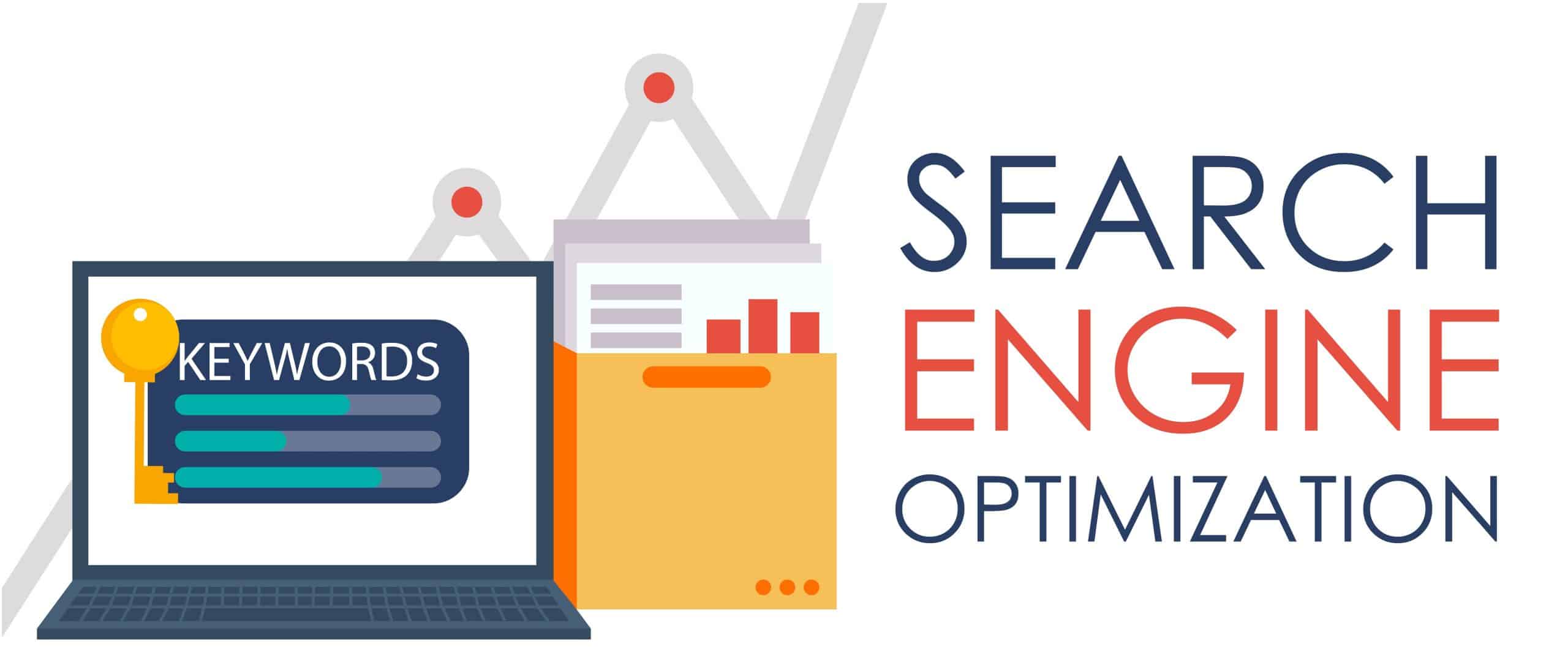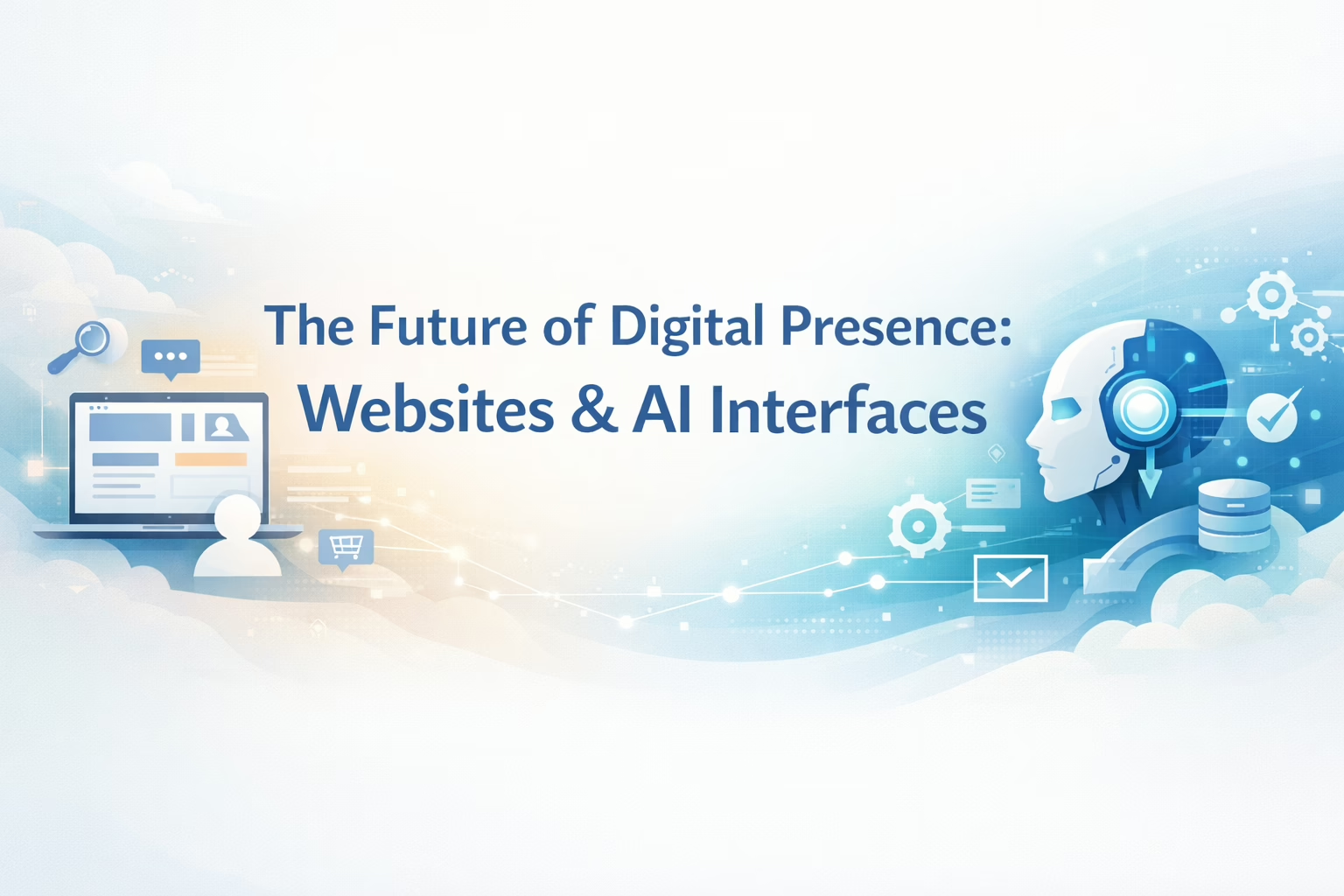SEO is an ever-evolving field that requires regular updation to adapt to the constantly changing trends and SEO algorithms. EAT is a set of criteria search engines utilize to evaluate the quality and credibility of website content. EAT stands for Expertise, Authoritativeness, and Trustworthiness. It also evaluates the content as it could potentially influence the life of a person, known as YMYL (Your Money or Your Life).
In December 2022, Google updated the Quality Radar Guidelines by adding a new ‘E’ to EAT, forming EEAT. The new “E” stands for Experience, which gives importance to the real-world experience of the content creator. For YMYL contents like medical, finance, and legal EEAT have a crucial role, as incorrect information can have a serious effect on the life of the reader. For Non-YMYL contents EEAT is not of much importance as human life is not at risk.
What is EEAT
- Experience: The experiences shared by the content creator can be of much value and feel credible over the AI-generated content. Hence experience is one of the many factors that Google uses to validate the trustworthiness of the content. For example, if the users are searching for details on how a person with a particular disease lives his/her life, only the ones actually gone through/ going through the condition can explain what they have experienced in real life. Even a medical person like a doctor can not explain the real experience.
- Expertise: It refers to the knowledge and expertise shown by the content creator. Google emphasizes content created by individuals or organizations with profound knowledge about the discussed subject. As an example, only a qualified medical person can medical advice.
- Authoritativeness: The website’s or the content creator’s legitimacy and reputation are what determine its authoritativeness. Information seekers are more likely to regard websites with a high level of authority as trustworthy information providers. Backlinks from other reliable websites can also enhance the perceived authority of a website.
- Trustworthiness: Trustworthiness is connected to the integrity and dependability of content since Google strives to guarantee the accuracy and reliability of the information offered. Elements such as visible authorship, unambiguous citations, and a secure website (https://) influence trustworthiness.
In short, Google follows the guideline EEAT to assess the credentials and reliability of the content creator. It values the quality, relevance, and freshness of the content that is posted on a website. Hence, contents and sites that give importance to EEAT are more likely to be ranked high in the search results.
Sreyas is a prominent software and mobile app development firm, boasting extensive expertise in UI/UX design. Our global presence allows us to offer a comprehensive range of services, including data migration, database management, web hosting, infrastructure management, and more to clients worldwide.







